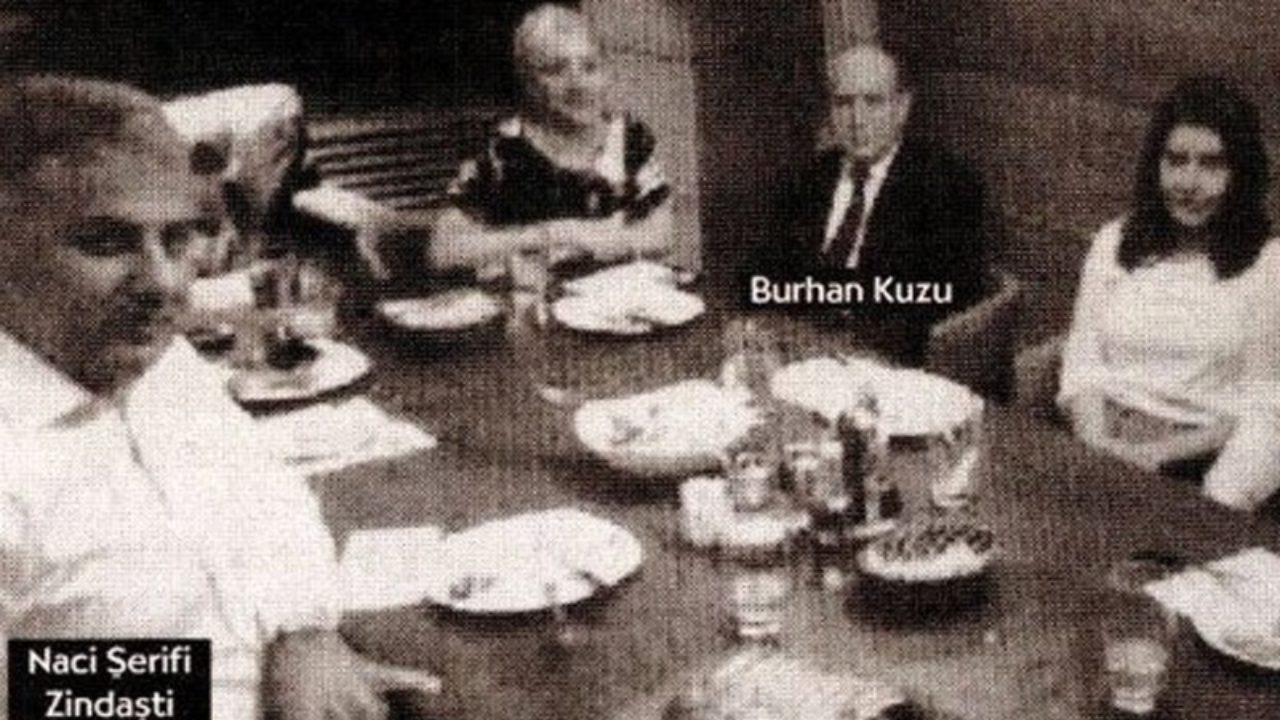Burhan Kuzu, who served as a top parliamentarian for Turkey’s governing Justice and Development Party (AKP), was killed in November due to his links to notorious Iranian drug lord Naji Sharifi Zindashti, his former adviser said.
Turkish officials said that Kuzu died from COVID-19, but he was in fact killed by a person who unplugged his life support machine as he lay in a hospital room, Sinan Çiftçi, the adviser, told the T24 news website on Monday. He did not say who might have killed him.
Kuzu, who worked as head of the parliament’s constitutional committee during his tenure between 2002 and 2018, was under investigation for links to Zindashti, including claims he had pressured judges to facilitate the release of the drug lord from a Turkish prison.
“Kuzu would resolve issues (for people) for large amounts of money,’’ Çiftçi said. “And he would use (former treasury and finance minister) Berat Albayrak the most.’’ Albayrak is the son-in-law of President Recep Tayyip Erdoğan.
Kuzu had also sought the help of current Vice-President Fuat Oktay and parliament speaker Mustafa Şentop to carry out favours due to their long-standing friendships within the AKP, according to Çiftçi. Kuzu was a founding member of the party.
The former parliamentarian placed phone calls with prosecutors and judges, saying that Zindashti’s release would be beneficial for Turkish-Iranian relations, the Habertürk newspaper reported in February last year.
Kuzu is also accused of unsuccessfully pushing for Zindashti to be granted Turkish citizenship. He had partially denied the claims and said that he was unaware who Zindashti was. Journalist Ismail Saymaz, who interviewed Kuzu before his death, argued that Zindashti was one of the most infamous drug lords in Turkey since the 1990s and it would be practically impossible for Kuzu to be unaware of that due to his knowledge of judicial affairs and political status.
Zindashti was taken into police custody in Turkey in April 2018 on suspicion of murder, instigating murder and membership of the outlawed religious group of Fethullah Gülen. He was released six months later and left for Iran.
Kuzu received up to $100 million from Zindashti for the alleged favours, according to Çifçti, who also served as an adviser to Erdoğan. It was then decided to “put an end to the Kuzu case” by killing him, he said.
Çifçti said he was a witness to many dirty dealings by Kuzu but that he had not been called by prosecutors to make an official testimony.
Kuzu was also under investigation for allegedly attempting to prevent Orhan Üngan, a drug dealing rival of Zindashti, from being released from prison.
Çiftçi’s allegations follow those of Turkish organised crime boss Sedat Peker, whose ‘tell-it-all’ YouTube videos linking government officials to crime rocked the country earlier this year.
At the weekend, Peker supported claims that Kuzu had worked for Zindashti’s release and his application for Turkish citizenship. According to judge C.O., who oversaw the case, Kuzu called him and other judges many times to secure the Iranian’s freedom. C.O. spoke to investigators who had begun a probe into how Zindashti had got out of jail.
Peker said that Kuzu had called him asking for his organisation to help get Üngan to drop a legal case against Kuzu. Üngan had collected several documents to back his claims of corruption, Peker said. He said that a relative of his had talked Üngan into scrapping the case.
In December 2020, Turkish police arrested 13 members of Zindashti’s criminal group in Turkey on charges of collaboration with Iranian intelligence.
Zindashti is also suspected to have organised the assassination of Iranian dissident Masoud Mowlavi in Istanbul in November 2019.



